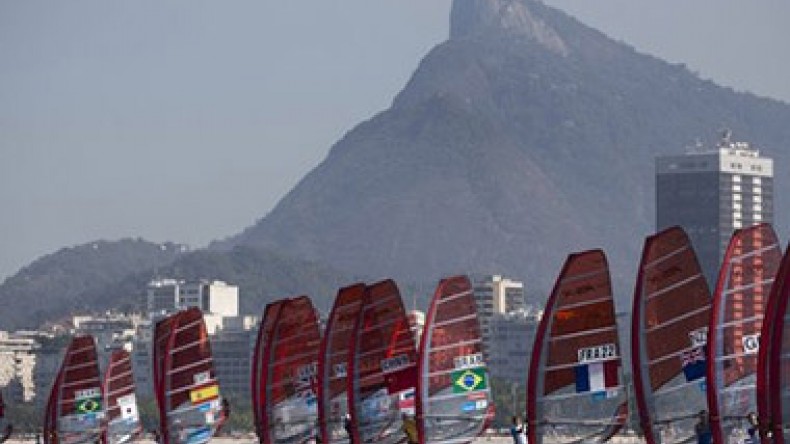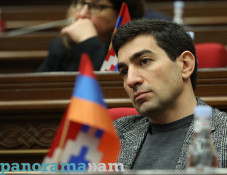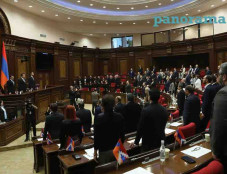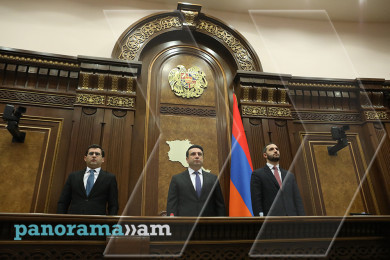
Brazil Olympics: Super-bacteria found in Rio sea waters
Researchers in Brazil have discovered a drug-resistant bacteria in the sea waters where sailing and windsurfing events will be held during the 2016 Olympics in Rio de Janeiro, the BBC reported.
The "super-bacteria" is usually found in hospital waste and produces an enzyme, KPC, resistant to antibiotics.
Researchers found the bacteria in samples taken from Flamengo beach.
Nearly 70% of sewage in Rio - a city of some 10 million people - is spilled raw into the waters of Guanabara Bay.
The bacteria was found in samples taken from several locations along the Carioca river.
One of the them was at the point where the river flows into the bay on Flamengo beach.
Residents have been told to take extra care. Flamengo beach is frequently declared unfit for swimming, but many people disregard the official warnings.
The superbug can cause urinary, gastrointestinal and pulmonary infections.
"The problem is that in case of infection it is possible that treatment involves hospitalisation," said Ana Paula D'Alincourt Carvalho Assef, the study coordinator at Rio's renowned Oswaldo Cruz Institute.
"Since the super-bacteria is resistant to the most modern medications, doctors need to rely on drugs that are rarely used because they are toxic to the organism." she told the AP news agency.
Newsfeed
Videos






























